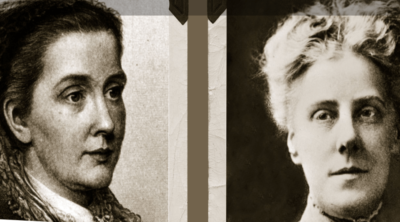
Usually practiced on the final day of Kwanzaa, the Odu Ifa meditation reconnects one to the self, and reaffirms one’s highest ideals.
The last in a seven-day Kwanzaa celebration, the Day of Meditation falls on January 1st, a fitting day to focus inward and ask questions such as, “who am I?,” “Am I really who I say I am?,” and “Am I all I ought to be?”
Kwanzaa is the pan-African holiday celebrated primarily by African Americans, in which values of community, culture, and family are honored.
The final day represents the last of the seven principles of Kwanzaa, and revolves around the concept of Imani, or faith. The spoken article for that day is, “To believe with all our heart in our people, our parents, our teachers, our leaders, and the righteousness and victory of our struggle.”
The three questions asked of oneself during this time of meditation (“Who am I?” “Am I really who I say I am?” and “Am I all I ought to be?”) are derived from the African Kawaida principles of a community philosophy combining the best of African thought and practice in constant exchange with the world.
Dr. Maulana Karenga, the founder of Kwanzaa, writes on the official Kwanzaa website (http://www.officialkwanzaa.org) that the tradition of incorporating a quiet day of reflection into the “first fruits” harvest (which Kwanzaa is based upon) goes back centuries.
Writes Karenga, “It is thus a good time for reassessment and re-commitment on a personal and family level.”
While each of the seven days of Kwanzaa brings with it a meditation (for example, the first day represents Umoja, or unity, and the goal is “To strive for and maintain unity in the family, community, nation and race.”), the final day is often reserved as an introspective day of reflection and reevaluation.
The official Kwanzaa website lists the following as an ideal meditation for the final day of Kwanzaa:
The Odu Ifa:
Let us not engage the world hurriedly.
Let us not grasp at the rope of wealth impatiently.
That which should be treated with mature judgment,
Let us not deal within a state of anger.
When we arrive at a cool place,
Let us rest fully;
Let us give continuous attention to the future;
And let us give deep consideration to the consequences of things.
And this because of our (eventual) passing.


